Most people ruin their camping trip before the tent is even pitched.
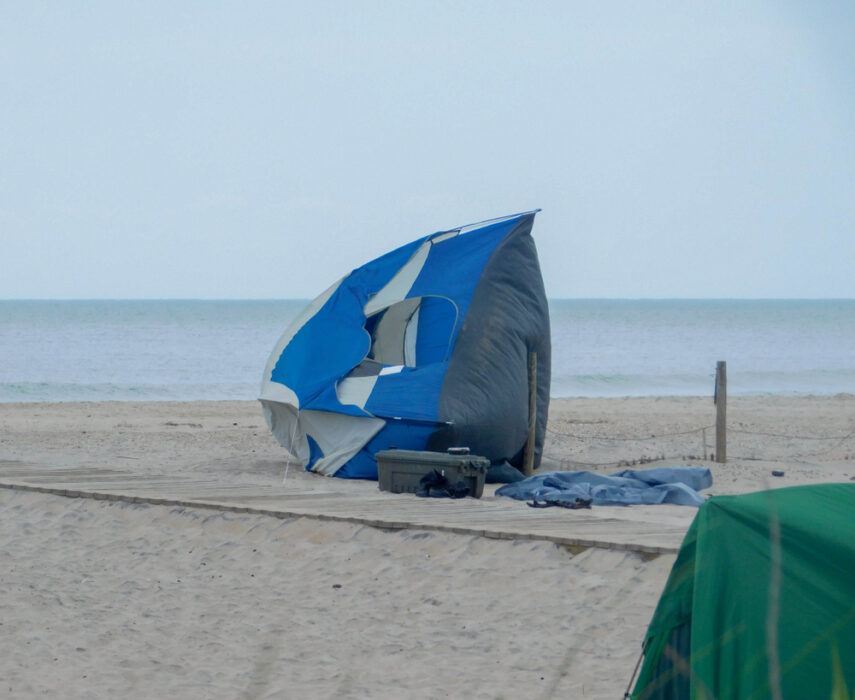
There’s something magical about escaping into nature with the family—until you realize you forgot half the essentials, packed the wrong gear, and misjudged your kids’ tolerance for bugs. Planning a great camping trip sounds easy until you’re ankle-deep in mud with no flashlight, surrounded by hungry, grumpy people who just want to go home. A weekend meant to bond and relax can go off the rails fast with just a few missteps.
Avoiding a total disaster isn’t about being a hardcore survivalist—it’s about knowing the sneaky mistakes that most folks don’t see coming. It’s easy to assume you’ll just wing it and everything will work out, but nature doesn’t really care about your optimism. A bit of prep, a touch of realism, and dodging these common blunders can mean the difference between family memories and family meltdowns. These 13 slip-ups are worth knowing before you pack the marshmallows.
1. You didn’t check the weather forecast before heading out.
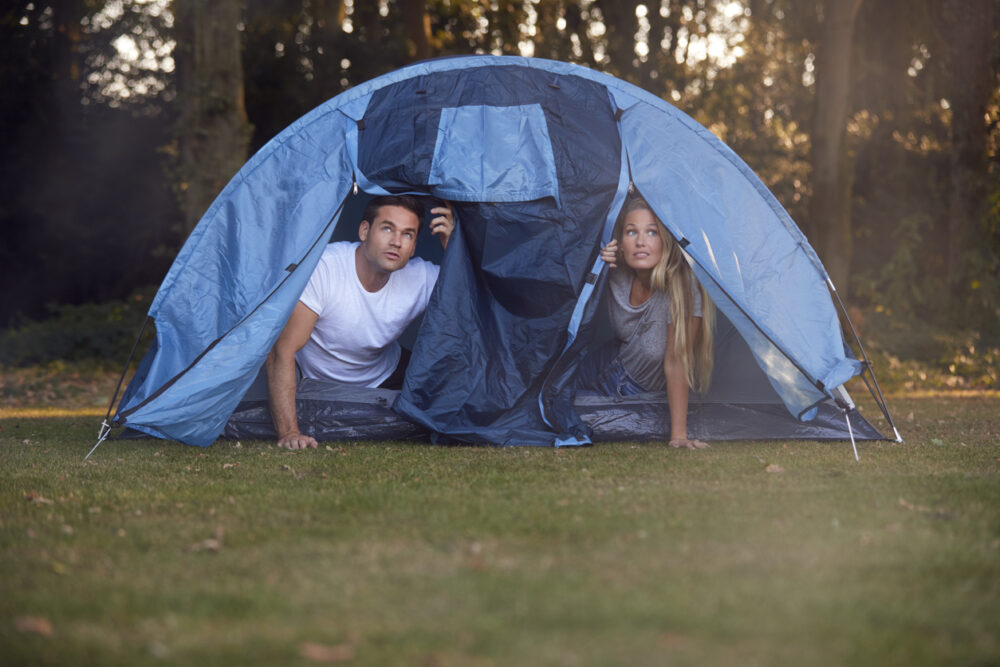
Camping in the rain sounds cozy in theory—until your tent floods and everything you brought is soaked by morning. One of the easiest ways to ruin a trip is by not knowing what kind of weather is coming your way. If you’re miles from town with no shelter except a thin tarp, you’re in for a rough time. Even a sudden drop in temperature at night can be miserable if you didn’t bring the right sleeping gear or layers, as reported by the writers Woodland Women.
Checking the forecast doesn’t just mean glancing at the high and low temperatures. Look out for wind advisories, fire bans, or chances of thunderstorms. It might change what campsite you pick or even the date of your trip. And if you’re bringing kids or new campers, miserable weather can tank their enthusiasm fast. A little planning keeps the trip safe and saves you from being the story everyone tells about that one awful weekend in the woods.
2. You packed way too much—and none of it was useful.
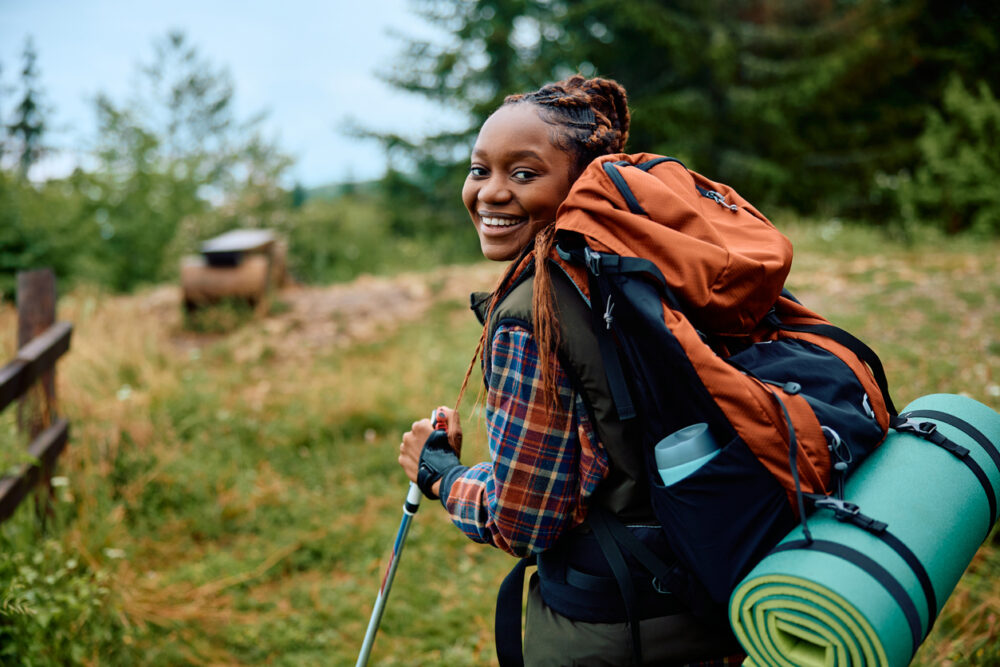
People often overpack for camping like they’re moving into the forest for a year. Then they realize they brought four hoodies, a Bluetooth speaker, and zero bug spray. Lugging around tons of gear you don’t need just makes setup harder and clutters your campsite. It also leaves less room for the stuff you actually need—and good luck finding that headlamp when it’s buried under a pile of extras, according to the writers at Roadville.
Instead of tossing everything into a bin last minute, make a list. Stick to the essentials, prioritize multi-use items, and don’t bring something just because you saw it in a camping ad. Space matters, especially if you’re hiking to your site. And when it’s time to pack up, you’ll thank yourself for not having to cram fifty things into the car before the long drive home. Simplicity wins every time in the outdoors.
3. You assumed your kids would automatically love the experience.
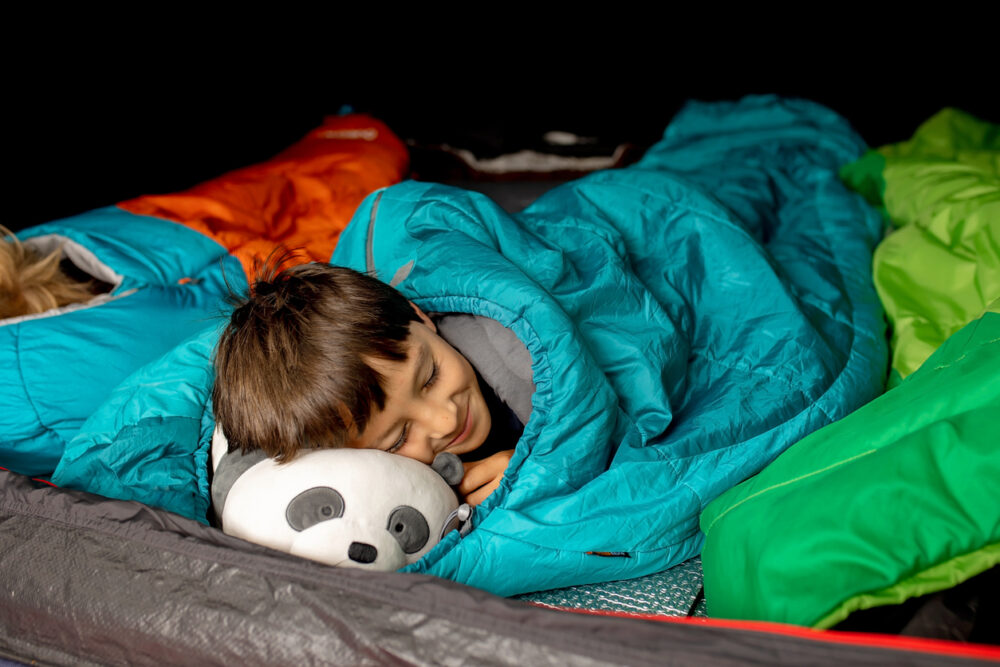
The idea of kids unplugging and enjoying nature is charming until they’re whining about no Wi-Fi, getting bitten by mosquitoes, and bored out of their minds. Just because you’re excited to disconnect doesn’t mean they’ll instantly be on board. Camping with kids takes more than just showing up—it takes planning, patience, and a little creativity to keep everyone happy, as stated by the writers at Raising Hikers.
Bring simple games, involve them in setup, and let them explore safely. Giving them a sense of purpose—like gathering kindling or helping with meals—can make the whole thing feel like an adventure instead of a punishment. If you treat it like a big outdoor sleepover with some structure, they’re more likely to embrace the experience. But if you ignore their needs, the trip might turn into a long series of tantrums and eye-rolls you’ll want to forget.
4. You didn’t test your gear before leaving home.
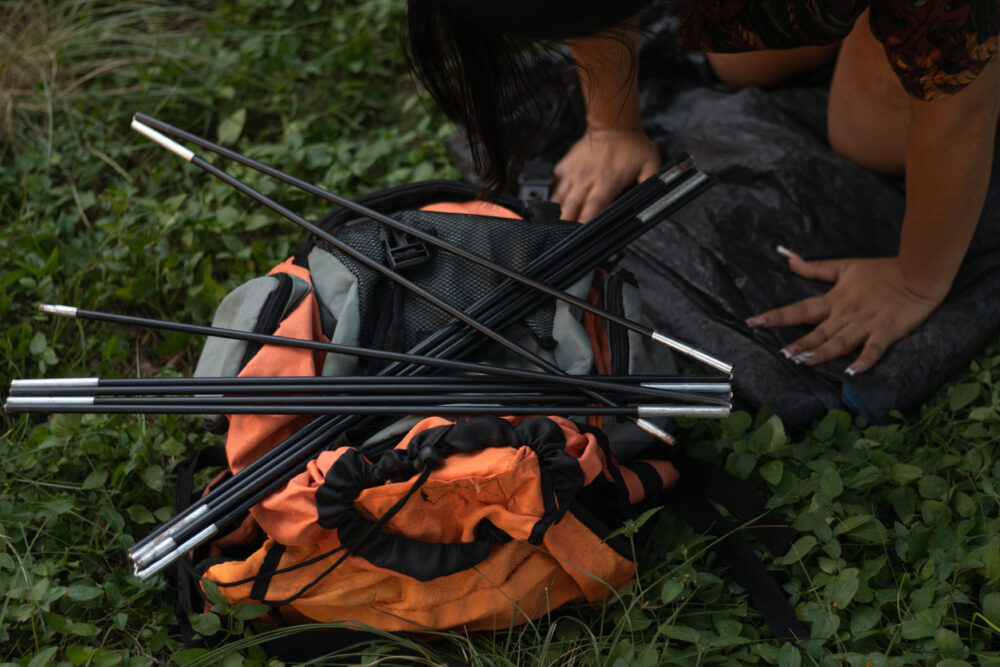
Nothing crushes morale like trying to set up a brand-new tent in the dark, only to find it’s missing stakes or has a torn rainfly. People often wait until they’re at the campsite to figure out how their gear works—and by then, it’s too late. Assuming everything is fine because it’s “new” or “looked okay last year” is asking for trouble.
Do a dry run in your backyard or living room before you leave. Set up the tent, light the stove, test the air mattress, and make sure your flashlight actually has batteries. It’s way better to find issues at home than in the woods, especially if you’re hours away from a store. A little effort on the front end can save you from a whole lot of cursing and disappointment later.
5. You chose the wrong campsite for your family’s needs.
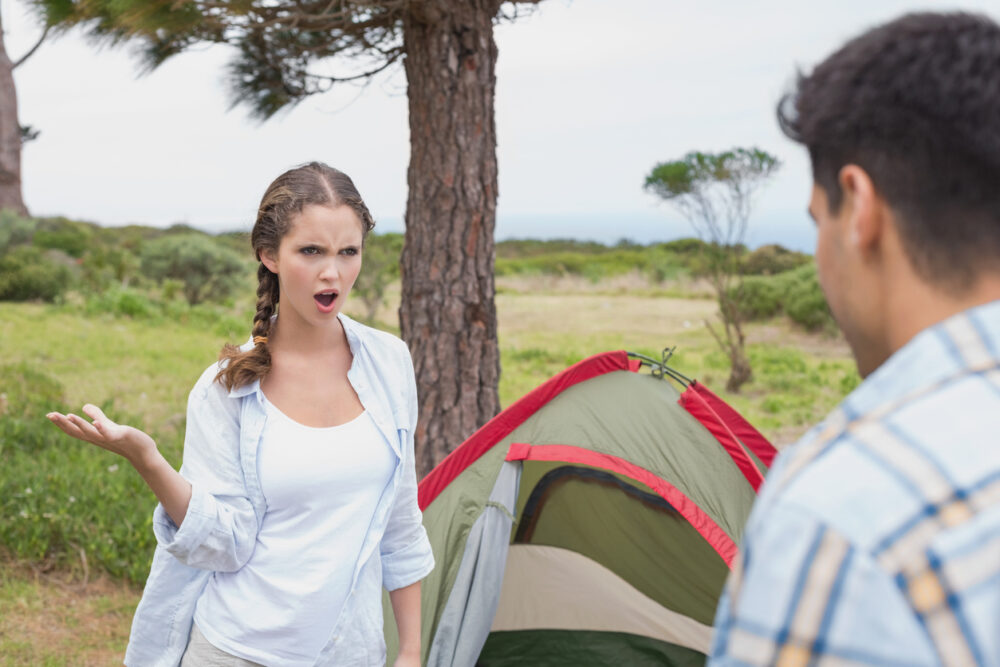
Not all campsites are created equal. Picking a site near the bathrooms might sound smart until you’re kept up all night by people coming and going. Or worse, you choose a site near water with no shade, and now you’re baking in the sun all day and fending off mosquitoes by night. The wrong location can turn a peaceful retreat into a frustrating ordeal.
Think about who you’re camping with and what they’ll need. Are you bringing toddlers? Look for flat ground and nearby water access for cleaning up. Have teens who want a bit of privacy? Opt for a more secluded site. Even something simple like the direction the sun rises can affect your sleep and mood. Choosing the right spot isn’t just about the view—it’s about setting up everyone for a good experience.
6. You forgot about food storage and safety.
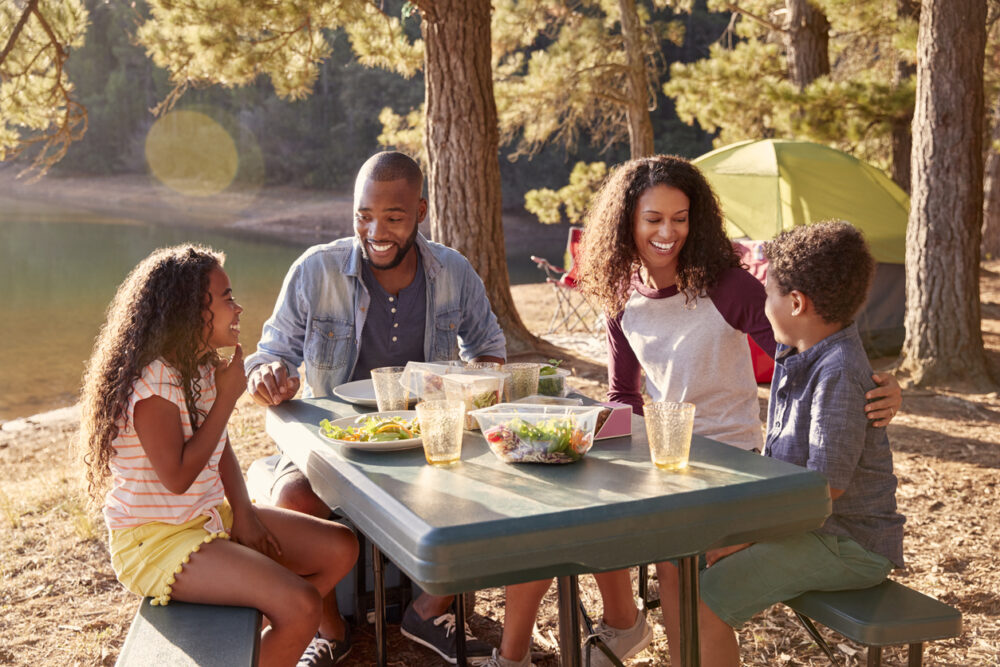
Tossing a cooler in the shade and hoping for the best isn’t enough—especially if you’re in bear country or anywhere with curious raccoons. One big mistake people make is treating campsite food like backyard BBQ food, ignoring the fact that you’re now part of a larger food chain. Improper storage can attract animals and lead to spoiled food, which is both dangerous and gross.
Use bear-proof containers or hang food if required. Keep your cooler closed and shaded, and don’t leave trash out overnight. Make sure everyone knows the plan, especially kids who might be tempted to sneak a snack into the tent. Proper food storage isn’t just about safety—it’s about not waking up to find your breakfast stolen and your cooler tipped over. Trust me, no one wants to fight a raccoon over Pop-Tarts at 6 a.m.
7. You didn’t bring enough light sources.
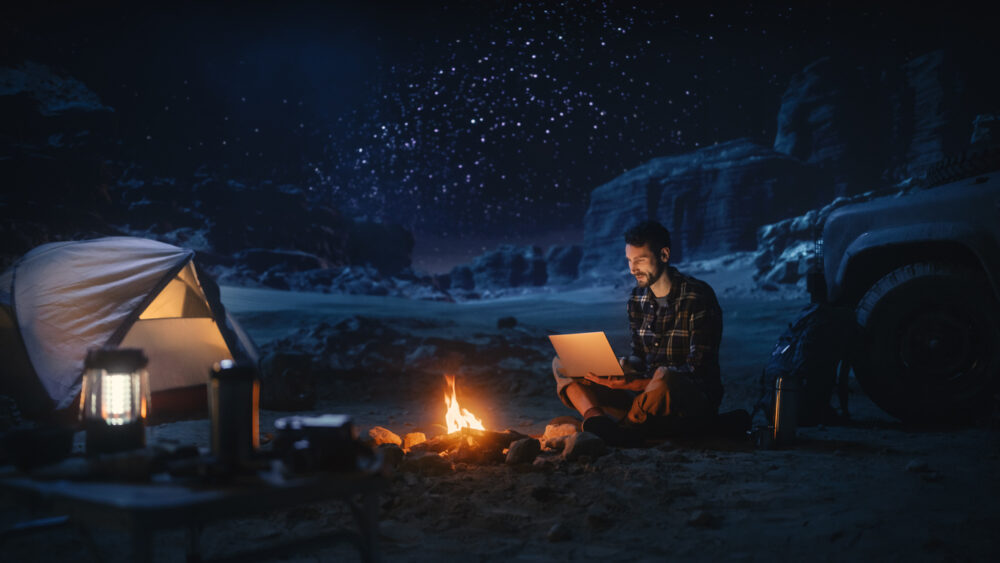
Camping without enough light is like trying to cook dinner blindfolded. One flashlight for a family of four won’t cut it when someone needs the bathroom, someone else wants to read, and you’re trying to light a camp stove. It’s easy to underestimate how dark the woods can get, and when the sun goes down, it happens fast.
Bring a mix of lighting—headlamps, lanterns, and backups for each. Solar lights or battery-powered string lights can add a cozy touch and help kids feel more comfortable. Don’t forget extra batteries or a portable charger if you’re using rechargeable gear. Light isn’t just for convenience—it’s also a safety thing. A well-lit camp is easier to move around and much less spooky for younger kids trying to fall asleep in a strange environment.
8. You didn’t plan meals in advance.
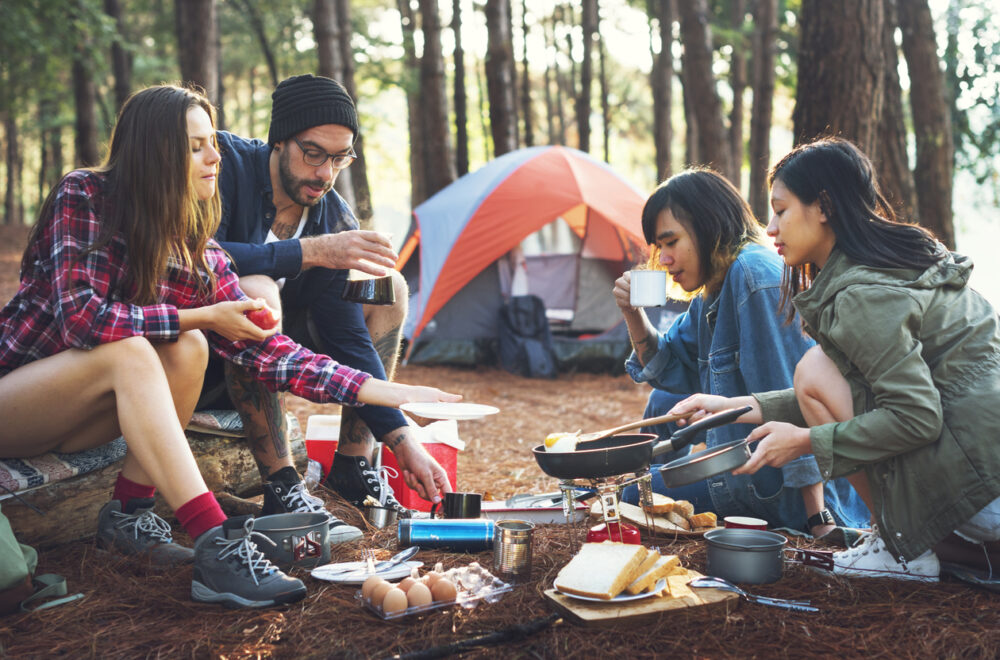
Winging it sounds fun until you’re hungry, tired, and staring at a bag of trail mix like it’s a five-course meal. Camping meals don’t have to be gourmet, but they do need to be planned out unless you want a hangry crew on your hands. People often forget how much energy camping takes and how limited your options are once you’re out there.
Prep what you can at home, bring simple ingredients, and don’t count on a campfire for every meal—especially if there’s a burn ban or wet wood. Think easy-to-assemble meals that can handle a little roughing up. Planning ahead means less stress at the campsite and more time actually enjoying the outdoors instead of fumbling around with a half-burnt hot dog and no condiments.
9. You ignored basic first aid needs.
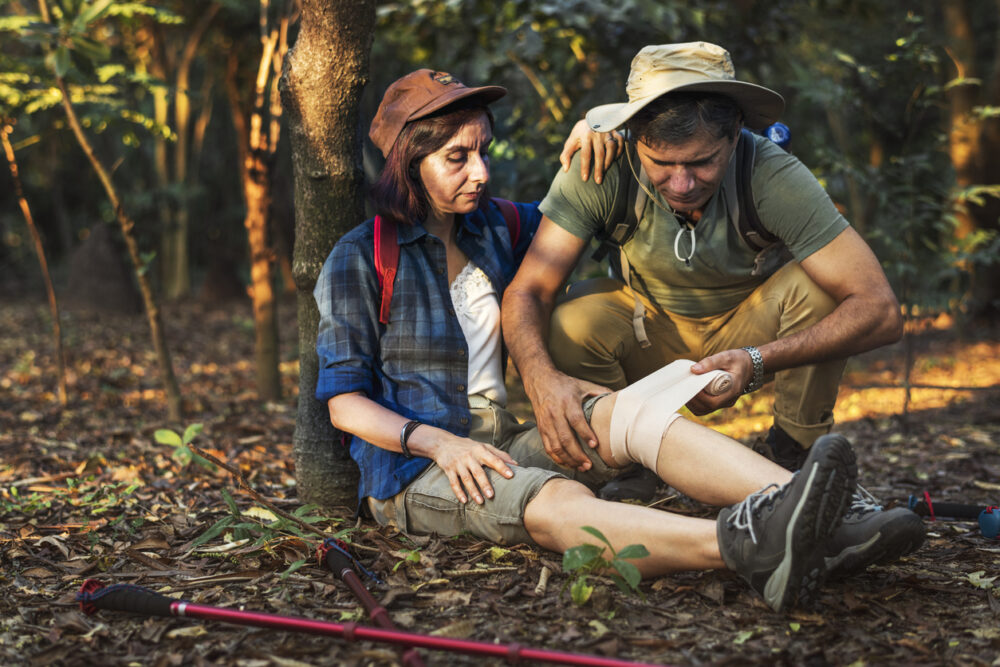
Minor injuries are part of the camping package—scrapes, burns, bug bites, even blisters. But ignoring first aid is a fast way to turn something manageable into something miserable. A tiny cut can get infected if you don’t clean it, and someone’s allergic reaction can get serious without the right supplies on hand.
Pack a solid first aid kit and know where it is. Include the usual stuff, but also think about your group’s specific needs—meds, allergy treatments, and even something for motion sickness if there’s a boat ride involved. A little Neosporin and a few bandages can keep a scratch from becoming a trip-ending crisis. Being prepared doesn’t mean being paranoid—it means not having to end a great trip early over something totally preventable.
10. You underestimated how cold it would get at night.
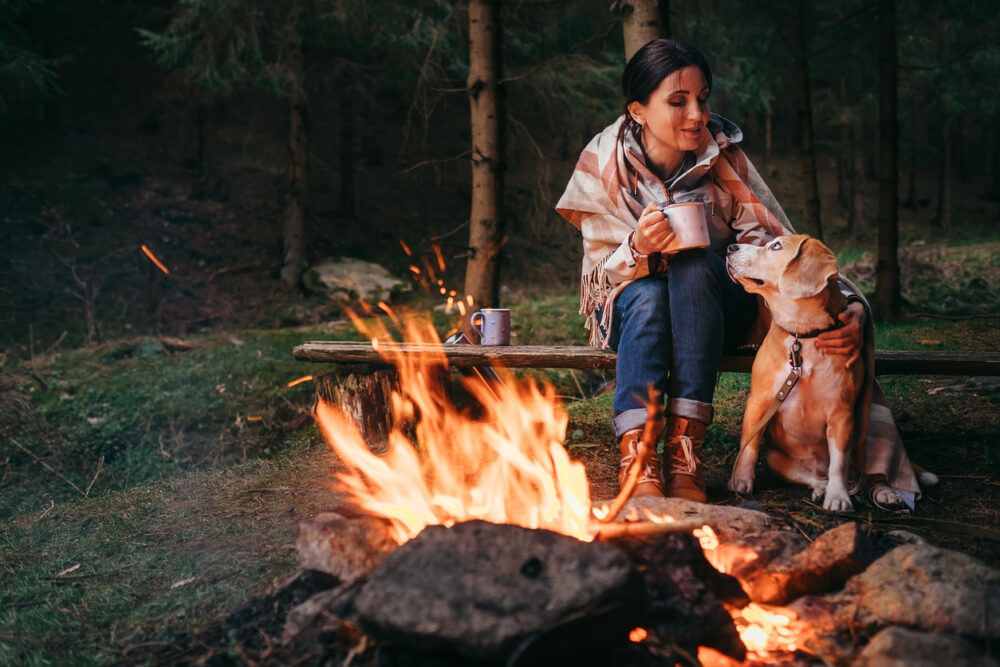
People often assume summer means warm nights, but even in July, temperatures can drop fast once the sun dips. Shivering in a thin sleeping bag, wearing shorts and a hoodie, is not the rustic family bonding you had in mind. Being cold at night can ruin sleep and energy the next day, especially for kids who don’t handle discomfort well.
Pack warmer than you think you’ll need. Extra layers, a good sleeping pad to insulate from the cold ground, and a quality sleeping bag make a huge difference. Don’t count on the campfire to keep you warm all night—it dies down quickly. Staying cozy after dark means everyone’s better rested, in a better mood, and less likely to swear off camping forever.
11. You forgot to plan for bathroom breaks.
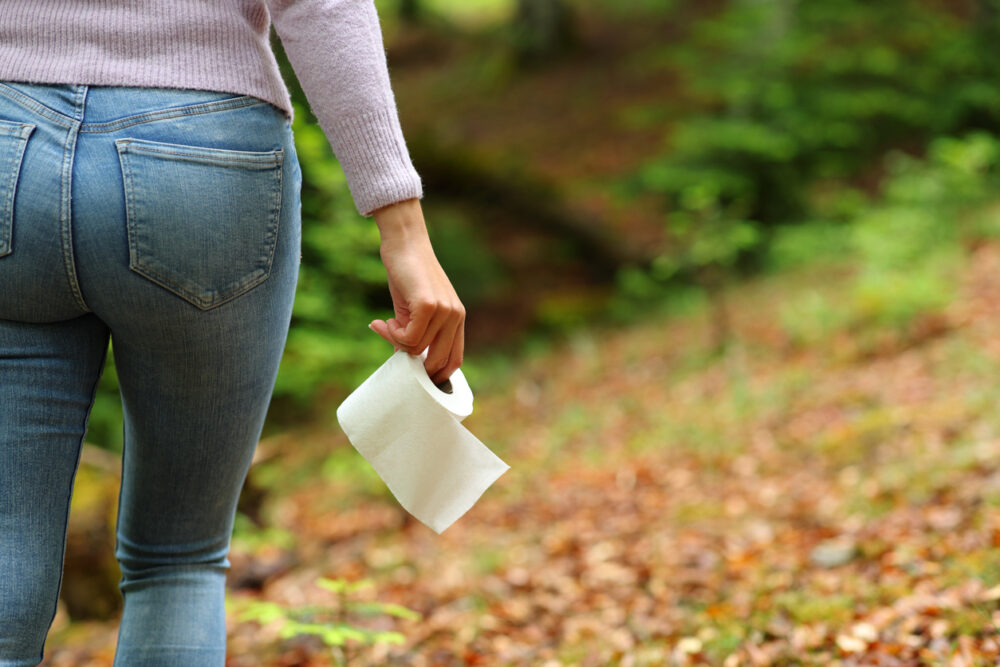
When nature calls, it doesn’t care if you’re mid-s’more or deep in a trail. If you didn’t think through bathroom logistics—especially with kids—you’re setting yourself up for stress, mess, or worse. Not all campsites have facilities, and the woods don’t magically turn into an outhouse when it’s time to go.
Bring TP, wipes, hand sanitizer, and a portable toilet if needed. Show kids what’s what before they need to go, and have a plan for nighttime trips. If you’re staying somewhere with restrooms, find out how far they are and bring light for night walks. Skipping this detail because it’s “awkward” is a quick way to add unnecessary chaos to your camping trip.
12. You didn’t manage your expectations.
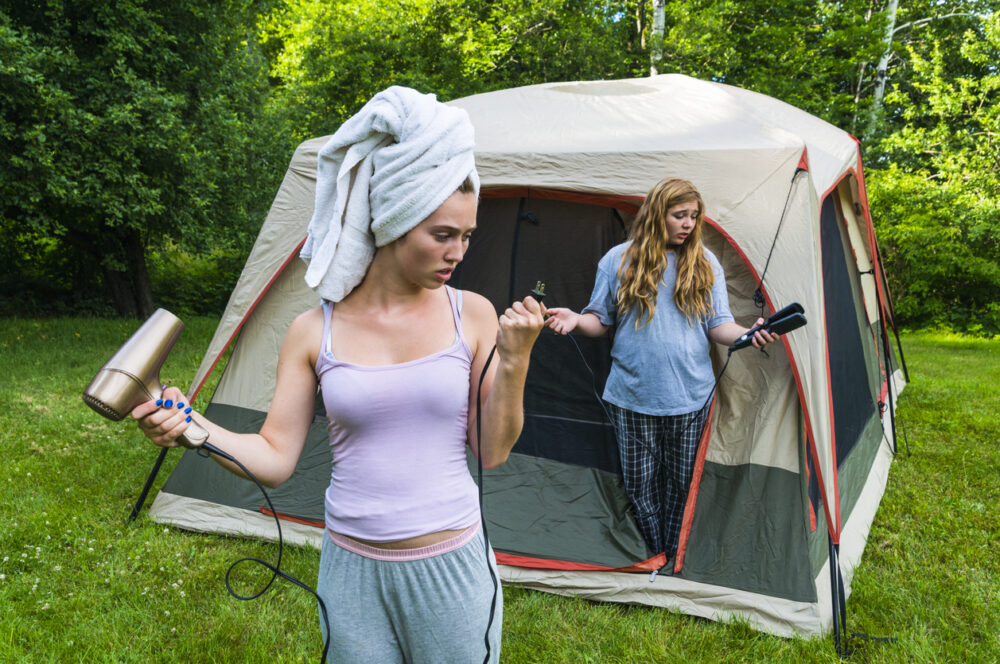
Camping always looks peaceful in pictures—smiling families around the fire, happy kids exploring trails. But reality includes mosquitoes, snoring tentmates, and forgotten pillows. If you expect perfection, every small hiccup feels like a catastrophe. Not managing expectations can set everyone up for disappointment.
Talk as a group before you go. Be honest about what might be uncomfortable or new. Frame it as an adventure, not a vacation with room service. The occasional setback becomes part of the story, not a reason to quit. When you go in knowing it won’t be flawless, it’s easier to roll with the surprises and actually enjoy the good stuff.
13. You forgot that the goal is to actually enjoy each other.
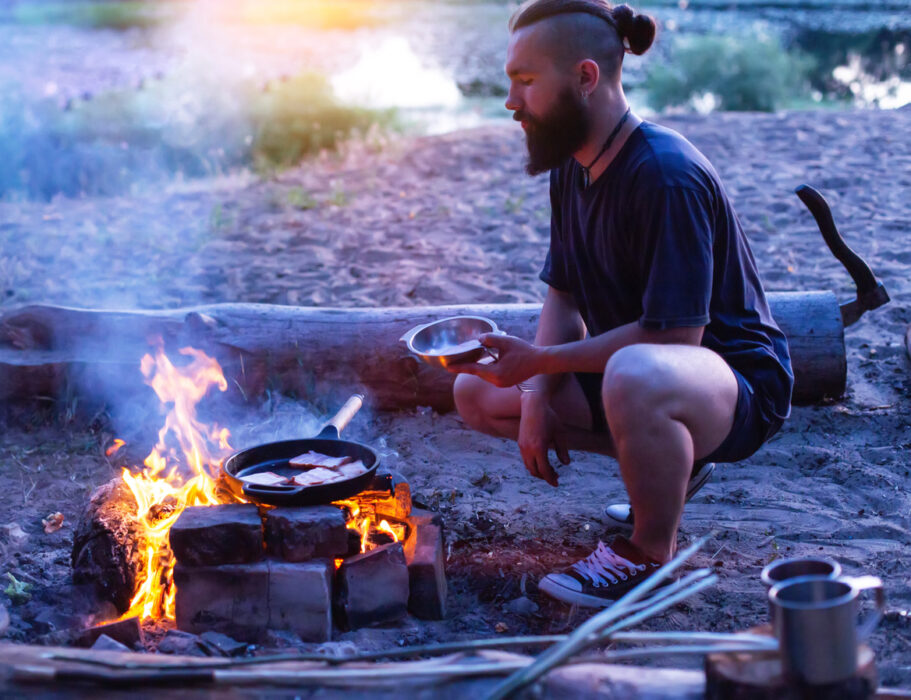
It’s easy to get caught up in tasks—pitch the tent, cook the meal, keep things moving. But if you treat the trip like a checklist, you’ll miss the whole point. Families often get so focused on doing everything “right” that they forget to actually hang out, talk, and laugh. That’s what sticks with people—not the perfectly stacked firewood.
Put the phone down, skip the rigid schedule, and make space for quiet moments. Share a story, play cards, just sit by the fire and chill. The best camping trips aren’t always the smoothest ones—they’re the ones where everyone feels seen, safe, and connected. That’s the stuff that keeps people coming back to the woods.
